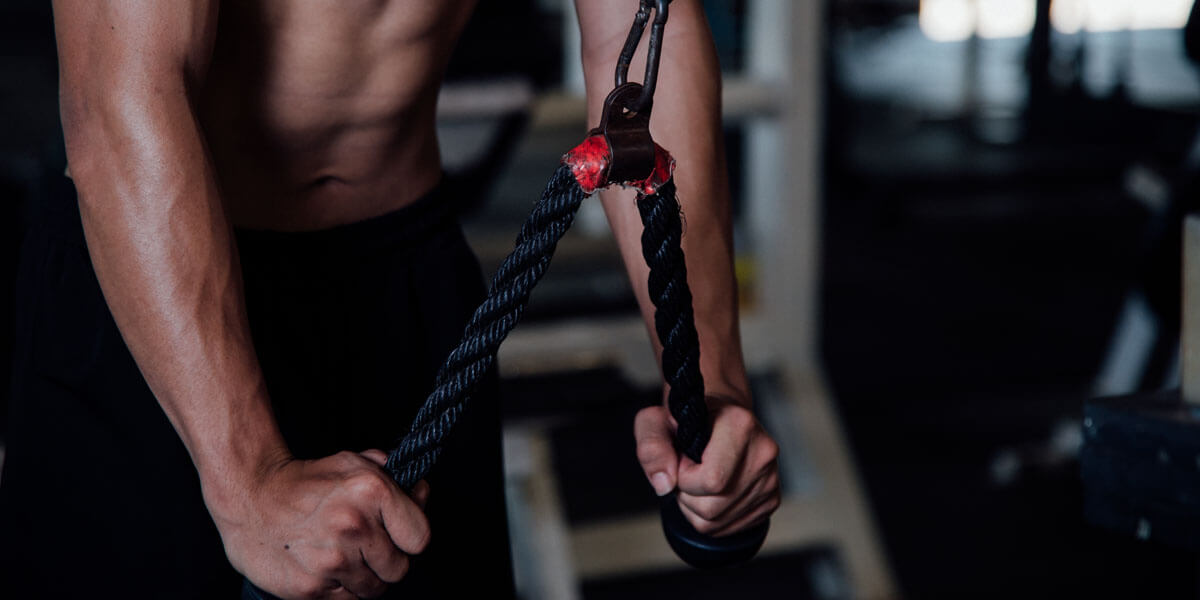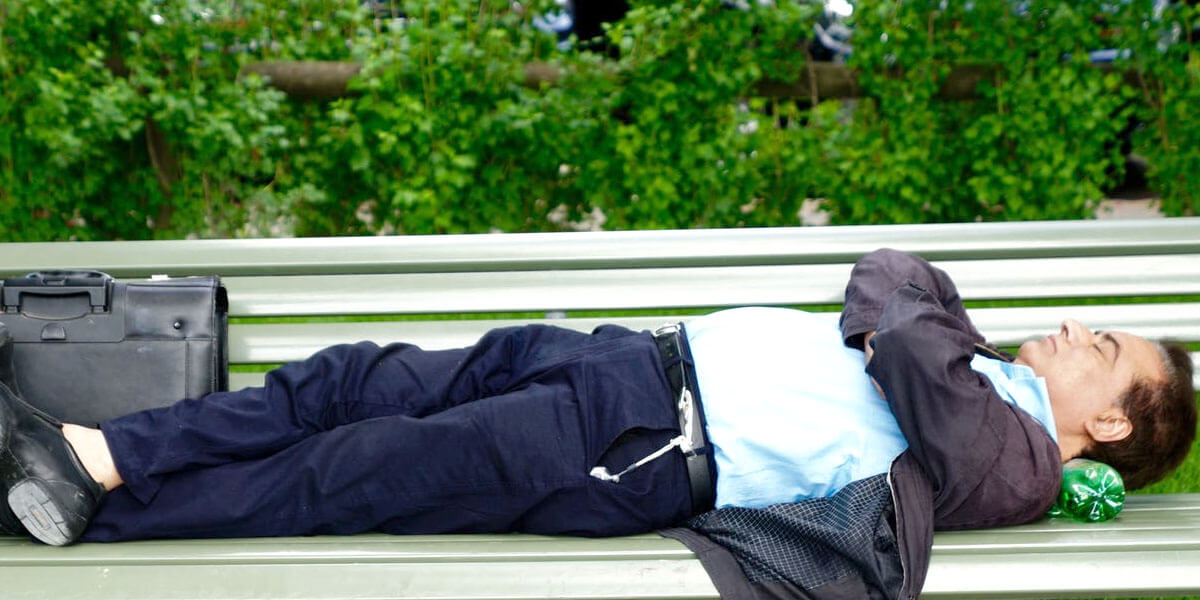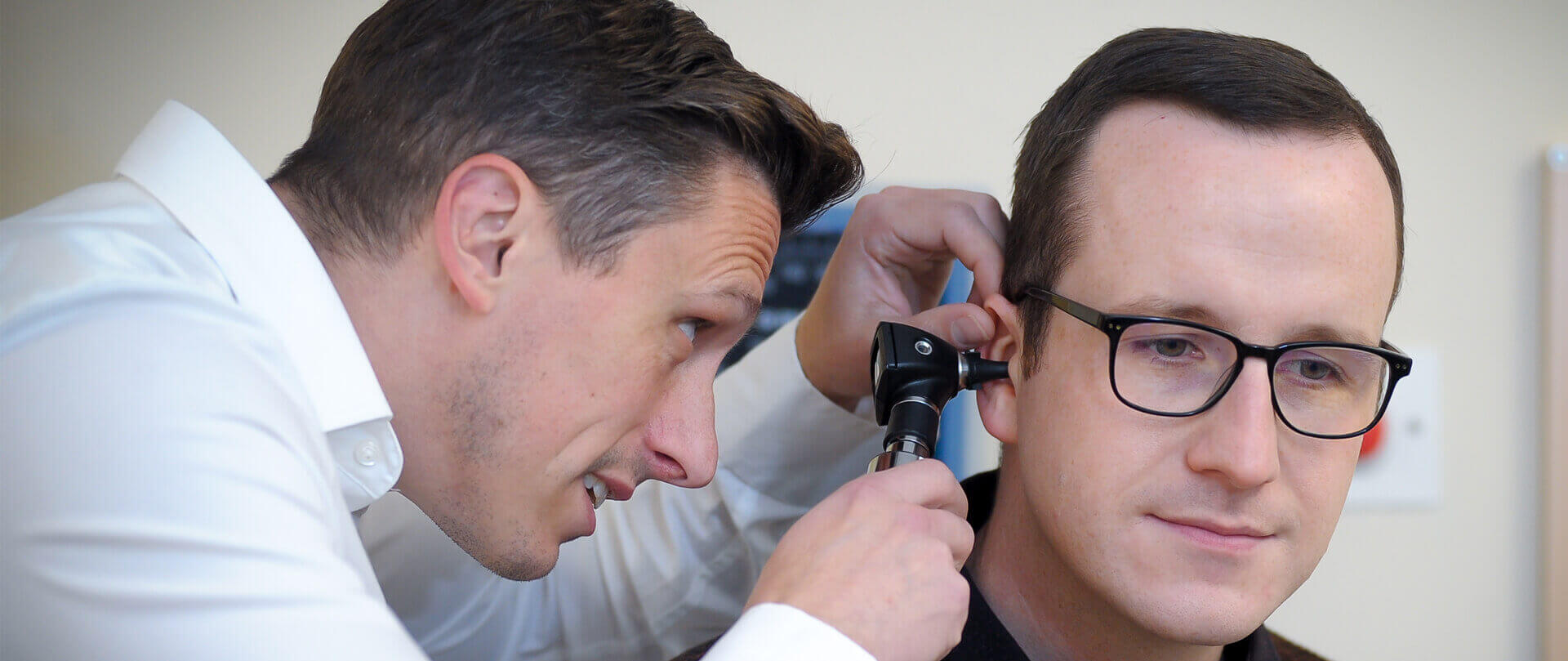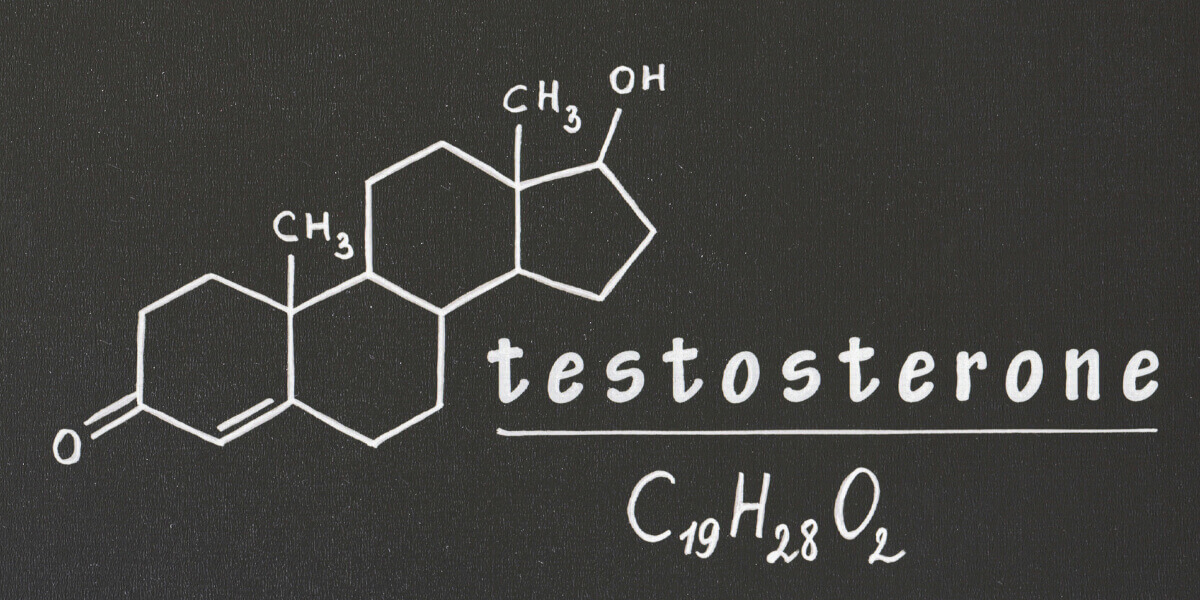Testosterone is a hormone that is responsible for many of the physical characteristics specific to males. It plays a key role in reproduction and the maintenance of bone and muscle strength. A normal testosterone level for you will depend on your gender, age and lifestyle, but as a general rule, most men begin to experience a gradual decline in production after the age of 30. A decrease in sex drive sometimes accompanies the drop in testosterone, leading many men to mistakenly believe that their loss of interest in sex is simply due to getting older. However, the good news is that there are a number of ways to increase testosterone levels.
Symptoms of low testosterone
When testosterone levels become too low then you will start to feel the physical and mental consequences, often described as feeling generally rubbish most of the time. More specifically, the following are some of the symptoms of low testosterone.
-
- Erectile dysfunction, or problems achieving or maintaining an erection
- Fewer spontaneous erections
- Decreased libido or sexual activity
- Infertility
- Hair loss on the body as well as the head
- Reduced muscle mass, and harder to see gains despite working out
- Increased body fat
- Enlarged breasts because of high estrogen levels
- Sleep disturbances
- Persistent fatigue
- Brain fog
- Depression and relationship issues
- Night sweats
- Osteoporosis
If you are experiencing any of the symptoms listed persistently, then you need to visit your GP, because some of the indications for low testosterone are the same as other more serious disorders, like heart disease, thyroid disease and various cancers. However, if you can confirm that the root problem is low testosterone, is there anything you can do to promote and raise your own levels?
Fortunately, there are various ways to naturally increase testosterone levels and support production. One of the best ways to elevate your levels is with regular exercise, which has multiple benefits. As well as boosting testosterone, exercise will help you lose weight and releases endorphins that make you feel good and help to tackle stress. High-intensity interval training (HIIT) is a great way to raise testosterone levels, with a few studies suggesting that resting for one to two minutes between intervals has the most benefits. Research shows that lifting weights for 30 to 45 minutes, two to three times per week with cardiovascular exercise or HIIT on alternate days can have amazing benefits. This combination will not only enhance testosterone but will also promote good heart health. In contrast, certain types of exercise can reduce your testosterone levels, including chronic endurance cycling or running for hours. High-endurance athletes tend to have higher levels of cortisol, which is a direct antagonist to testosterone.
Testosterone boosting foods
Diet and weight management has an impact on testosterone production. Obesity and low testosterone are tightly linked; obese men are more likely to have low testosterone and men with very low testosterone are more likely to become obese. This occurs because fat cells metabolize testosterone and turn it into estrogen, lowering testosterone levels, often resulting in larger amounts of breast tissue. Losing weight with a combination of diet and exercise can increase testosterone levels. Try to avoid foods high in fat or sugar and look for foods rich in vitamin A, B, and D, magnesium, Zinc and Selenium. Whilst no foods will directly produce testosterone, many can help to maximise production. Six widely available testosterone boosting foods are:
- Pumpkin seeds- Packed with zinc and tryptophan which boosts serotonin
- Avocado- provides B6 which reduces cortisol
- Chia seeds- Packed with zinc, magnesium, potassium and iron
- Brazil nuts- a great source of selenium.
- Carrots- Vitamin A
- Mushrooms-high in vitamin D
- Excessive alcohol consumption is directly associated with lowered testosterone levels. Alcohol can increase cortisol, which is
- known to decrease testosterone synthesis.
As mentioned previously, cortisol is a direct antagonist of testosterone, and we produce cortisol when we experience stress. During the course of human evolution, the fight or flight reflex has been a positive life-saving trait. Although most of us will never be chased by lions or fight a rhino, we do have modern-day versions of fight or flight inducing events, some of which we choose to do, like bungee jumping. The autonomic nervous system triggers the response which then produces adrenaline and cortisol, which in turn shuts down the production of other hormones, including testosterone. As no one wants to have sex whilst they are plummeting to the earth tied to an overgrown elastic band, this short term response does not usually cause a problem. However, when the body is in a stressful state constantly then not only will testosterone levels drop, but you will have health issues as stress hormones also suppress your immune system and damage your organs. There are several ways to reduce stress:
- Get more exercise
- Supplements such as Omega 3
- Create a stress-free environment, especially before bed
- Reduce caffeine intake
- Spend time with friends, family and your pets – this produces feelgood oxytocin
- Learn to say no! Too much to do creates stress
- Yoga – find your local Broga class (yoga for just men)
- Find a mindfulness method that works for you – this reduces anxiety and negative thinking
- Breathe – Taking 10-30 deep breaths can help you relax immediately
- Ignore your phone for the first hour of every day (unless it’s your alarm)
If you are feeling tired all day long, you are not interested in sex, and your ability to concentrate isn’t what it used to be, then it could be that you’re not getting enough sleep. Alternatively, it could be that you have low testosterone. However, it is possible that you have low testosterone because of sleep deprivation as the link actually goes both ways.
Tips to sleep better at night
Low testosterone can cause sleep disturbance, and sleep disturbance can cause low testosterone. Sleep is really important for the body in general and research has found that men who slept less than five hours a night for one week had significantly lower levels of testosterone than when they had a full night’s sleep. Ways to promote sleep include:
- Get comfortable.
- Keep your bedroom quiet, dark, and at a comfortable temperature for sleeping
Only use your bed for sex or sleeping. Avoid bedroom distractions like TV, books, phones and computers - Avoid eating a big meal immediately before bedtime
- Set a routine. Go to bed and get up at the same time every day, including weekends
- Avoid caffeine at least 7 hours before bedtime
Sex is a really important component of testosterone production, whilst some men maintain sexual desire at relatively low testosterone levels. Low testosterone is one of the possible causes of low libido. However, if testosterone is lowered far enough, virtually all men will experience some decline in sex drive. Having regular sex can increase testosterone levels; following sex there is a transient rise in levels for the next 24-48 hours, which is good news because as levels increase, the desire for sex and other feelgood hormones will have a generally good effect on the body.
If you do not engage in sexual activity or masturbate for 3-4 weeks, your testosterone levels will actually go up, and you may experience an increased desire to have sex. This is a hormonal kick up the bum because if you don’t use it you will lose it! In fact, after 12 weeks of abstinence, your body will down-regulate production and you will probably start to experience the symptoms listed above.
Finally, once you have got all of the lifestyle adjustments in place and you are off to the gym with a handful of pumpkin seeds and a peppermint tea, you should discuss medications with your doctor. Do not be tempted to buy bootleg testosterone from the internet or ‘that’ guy down the gym as it will almost certainly end badly and your GP may not be able to treat you for 6-12 months after the steroids were used. That is 6-12 months of feeling worse than you did before. The first thing your GP will do is review any current medications you take as many prescription drugs can suppress testosterone production. If possible, your doctor will try to substitute them. If your levels are very low (between 8-11 nmols), your GP will probably suggest a course of testosterone replacement (TRT), as well as lifestyle changes.
Dr Jeff Foster says it is important to note that TRT is not a miracle drug that can solve all men’s physical ills. “While low testosterone is certainly undertested and underdiagnosed in the UK, that does not mean TRT is the answer to all our male health problems”. Not everyone with low testosterone needs medical treatment to increase testosterone levels as the cause of the imbalance may be something that, if stopped or reversed, would lead to the body producing its own testosterone again without medical help: stopping taking pain medication, for example, or losing weight. If, however, the low testosterone has a nonreversible cause, men can require lifelong replacement therapy.
About Dr Jeff Foster

A Men’s Health specialist and Medical Director and founder of H3 Health. I’m passionate about raising awareness of all aspects of Men’s Health, and heavily involved in both teaching and health promotion. I’m a committee member of the British Society of Sexual Medicine, and have been involved in writing the most recent national guidelines for testosterone deficiency in men.
Get in touch with Dr Jeff
If you are a prospective patient and wish to see Dr Jeff privately, then you can book an appointment via H3 Health (03309 120769 – National Rate). Alternatively if you are a member of the Media, then please use our contact form for media enquiries.








